- They demonstrate something about writing that students need to know.
- I do.
- But—not necessarily autobiographical. Just something you see/hear/touch transformed into a—story.
- Flannery O'Connor once said that by the time a person is 17 years old, they have experienced everything there is to experience in life.
- (Think about whether or not that is true, or how it might be true...).
- We'll stick with imagery and emotion.
- But if you want to write a sonnet or a villanelle, have at it....
- Go read some writers from @120 or so years ago—someone walks into a room and there's page after page of room description.
- Yeah. No. We don't see the world like that anymore.
- Look at it this way:
- Your protagonist walks into a room.
- What do they see?
- What do they see that's important?
- Focus on what's important.
- Gatsby was out of print when Scott Fitzgerald died. Moby-Dick was forgotten when Melville died. They both died thinking they were failures.
- Me, History can look after itself. I try to live in the near-future (or the near-past)....
- Some cases of Writer's Block are a form of depression and can be treated with SSRIs. Most (way the most) cases of writer's block are merely the voice of the writer's internal editor telling the writer that they are not good enough. We all have that voice. The trick is--to slip past it and get work done....
- We can discuss "how-to" as the semester progresses.
- For anyone interested in this subject (and I get questions about writer's block all the time), I highly recommend The Midnight Disease, by Alice Flaherty. The best book on writing....
- You don't. At all.
- Once a story (book, poem, whatever) leaves your hands it's not yours any more. It belongs to whomever reads it.
- And—they might not like it. You have no control over whether someone likes your work or not.
- What you have control on—total control—is the text itself.
- Write for yourself.
- Nope, no prescribed topic.
- The cw teacher and novelist John Gardener once said that there are only three basic stories:
- …the romance/relationship story….
- …stranger rides into town….
- …hero sets off to find their fortune….
- So...you'll end up writing one of those stories. You'll be fine!
- I'm glad you asked this question!
- When I was young? I wish I’d found a (better) way to deal with depression.
- Nope. I wish more students would write horror.
- Excellent!
- Me, I'd just read the whole thing. It's short....
- Yep, you do the readings and writing assignments outside, on your own.
- We'll be talking things over—the readings, these questions, stories, poems, weather, whatever....
- There are indeed reasons for this—very good reasons, to my mind. But it's easier to explain orally than in writing--
- Thanks for asking this question!
- The revised edition is fine!
- I usually ask for six poems as part of the poetry assignment....
- But you can write as many as you want (and probably should...).
- Yes—our class is a little literary community. And we Venn Diagram out into the larger Literary Community....
- You sure can! Start a conversation! Express yourself--
- That's a good thing!
- I'm pushing you more towards free verse. But if you want to write a sonnet or a villanelle, that's fine....
- It's always good to see other people when you talk to them, and see the occasional cat or dog wandering by....
- But if you have a problem with it, that's fine. Put yourself first.
- (Last semester a young man zoomed in from a hot tub. He won the semester).
- Sure—every text has multiple audiences. Here are some that you will have:
- Me
- The other people in this class
- An ideal audience that you would like to write for
- Keep all of audiences in mind. At the same time, write something that reflects your own heart.
- It's tricky!
- In our zoom meetings, I'll go over these questions and answer some of them at length, and maybe I'll go over a story or two or we'll look at some slides or whatever....
- Basically, we'll talk about writing. That's my teaching method....
- It's due at 1159pm...
- It might be nice to read it before class, but not required....
- I sure hope so! But people are individuals, and will react individually to different things.
- Maybe an appreciation for the complexity of this beautiful and fascinating and tragic world...?
- My fave part changes every semester. My favorite film in this class is "The Big Lebowski," which we'll close the semester with....
- Nope. We will press on relentlessly.
- The pandemic teaches us to be flexible and resilient. If we have to cancel a class meeting...we'll find a way to get around it....
- Usually a work set in the Southwest. Or maybe about characters from the Southwest doing things elsewhere....
- But usually—almost always—setting....
- Where we live affects how we live. A story set in the gloomy rainy forests of the Northwest will have a different feel from a story set in the arid Southwest...And the characters will be doing different things and have different priorities....
- Sure. (See above). Where we live affects how we live.
- Maybe 10 days or so....
- Just do the work.
- I often get this question in my creative writing classes. My usual response is, "You don't have to 'like' something to learn from it."
- (That said—it's more fun when you "like" something. Try pretending to "like" something).
- You can also make the class into a game, to keep yourself amused. (This is how I got through grad school).
- One of the cool things about teaching a class is that I get to choose books/movies I like....
- But as the course proceeds you will see, I think, that there are thematic connections between them....
- Oh, yes. For one thing, we're online instead of face-to-face. That makes a big difference in how we relate to one another.
- And this has caused some changes in material. For example, I use far less visual art than I would ftf. Less emphasis on music and food....
- I teach Texas Lit occasionally. There is some overlap between the two courses, since Texas is partially in the Southwest. But part of Texas is also in the South. And while the Panhandle is part of the Southwest, it is also part of the Great Plains....
- So—in Texas Lit, I try to represent all regions of the state....
- We are going to cover the books faster than I would like (or you would like, probably)....
- But the readings slack up toward the end of the semester....
- They are essays. I will post three or four prompts, you'll choose one of them, and write an essay....
- I'll put the prompt up maybe 10 days before the due date.
- There are a lot of places that have used copies of these books—so, shop around.
- You will need to purchase the books.
- As I think I said upthread, I think you will see themes emerges. The texts talk to one another....
- I deal a lot with writer's block—both as a novelist and as a teacher. Most of the time it is merely a writer's Internal Editor telling the writer that what they are writing is not good enough.
- I am here to tell you that what you are writing—will write in this class—is good enough.
- The trick is to find a way to believe that and integrate it into your writing/studying practice.
- We can discuss this in more detail going forward.
- One of the best classes I had as an undergrad was "Art and Photographic History of the American West." It was great! And then I got a nice summer gig as a research assistant for the prof, Dr William Goetzmann. Here's his book: The West of the Imagination
- My fave visual art—painting, probably. Though photography is great, too.
- In class I just run some slides past you....
- It's pretty basic—environment, violence, race, family, gender. How do these elements work in the texts we cover...?
- The region we're looking at was once part of Mexico, and there are plenty of Latinx people living in it and telling stories....
- So, sure--
- You can get by just using the class readings, sure. But you might want to dig a little deeper and use other sources....
- Sure. I won't offer a detailed written critique (there is not enough time!), but I can give you some ideas in office hours.
- Sure, if someone gets close I usually bump them up....
- I got interested in SW Lit back when I was the Dobie Fellow—I got stranded out there for five weeks—the low-water crossing was flooded, so I read a pile of books by Dobie and his friends....
- Books that speak to me. Books that speak to the diversity of the Southwest. Those are the main criteria....
- Grading is the least favorite part of this job! It's WORK!
- What makes grading difficult is knowing that so many students place a high priority on their grades....
- Basically, go north on I-35 until you hit Wichita, KS. Then hang a left and keep going west until you hit the Pacific Ocean. Everything to your West and South is the...Southwest.....
- We might look at some maps on Thursday.....
- Yep—at one time Tennessee was the Southwest. (Ohio was the Northwest!)
- But you can see how this was formed, right? By someone standing in Boston or New York and looking...West....
- How did the people who lived out here conceive of where they were when they looked...east? Or anywhere?
- Write a (good) short story. I
- And you definitely want to pay close attention to the Christine Granados book--she is a fine short story writer.
- This is a tough question! Every writer we read will have an individual style....The style that works best is one that has an encompassing vision of wherever the writer is located in space or time….
- You can be several things: I'm an Appalachian Writer, I’m a Texas Writer, I’m a Southwestern Writer....and I'm an academic who is interested in Regional Literatures....
- Don't be a perfectionist. Nothing is more deadly to a writer than perfectionism.
- Know that whatever you write will be flawed because ALL TEXTS ARE FLAWED.
- Accept that, and work to make your text(s) better.
- And, most of all: KEEP—MOVING—FORWARD
- They are all available at the library. You can also find cheap used copies.
- Believe it or not, they are all faves in different ways—they all speak to different aspects of my personality and writerly being....
- "Write what you know" is a convention that privileges experience. It's not totally wrong! But it’s definitely not totally right!
- Here are two ways to look at it:
- There are different ways of knowing. (Physical, emotional, etc).
- You can write what you learn. Creative writers do research!
|
Yes, still BYOQ....
0 Comments
As always, BYOQ...
The usual sage-on-a-page wisdoms and revelations. BYOQ....
Once again...The Answers. BYOQ!
All the exciting answers, none of the boring questions...Thanksgiving Edition!
All of the answers, none of the questions....
…is just a collection of PowerPoint slides. Years ago I was teaching a section of the American lit survey, Colonial through Civil War, and I found myself facing a really common problem: that when at the end of class I said, “Okay, for next time—” and before I could say “we’ll be reading Emerson" or whatever, the room would be filled with the sudden thunder of Young Scholars getting ready to flee—closing their books and laptops, sticking things into their backpacks, moving their desks, talking…and no one—not even me!—could hear the detail of my reminder of the next reading assignment. It really is common—I remember this happening back in my long-ago undergrad days, too. It was very annoying. But what to do? I began talking about the assignments at the beginning of class. “Okay, today we’re reading Emerson. On Wednesday you’ll be happy to know that we’re not reading Emerson—we’re reading Whitman.” (I had a lot of sad Emerson-haters in that class). The oral announcement at the beginning of class worked better at the beginning of class than at the end. But then I had my brilliant innovative idea—put the schedule on slides! So I did, and it works great. I’ve been doing this now for about six years or so. But no one ever really acknowledged the greatness until this week, when a Young Scholar said, “I really like your slides.” Damn. That’s just about the nicest thing anyone has ever said to/about me. So now I’m sharing my brilliant innovation with the world. Below are the slides for my current ENGL 345 class, “Writers’ Studies: Prose.” I post the previous week, the current week, and the coming weeks, along with anything else the scholars need to know…. (I just noticed a typo on the slide for the 26th--but that just adds to the authenticity of my presentation, no?)
Tropes Themes Things StuffI continue to keep a record of what the young writers in my creative writing classes write about. I started this about two years ago and I've found it to be enlightening and fun and sometimes moving. Of course there are some things I'd like to see less of (depression stories and waking-up-at-the-beginning stories) and some I'd like to see more of (real places and jobs). The list is of course highly subjective--someone else reading these stories might come up with different categories. What I've learned since starting this project is that any trope/theme/thing can make for a good story--that the overall quality of a story derives from how it's told. In the end I love them all--good, bad, indifferent. Based on @670 stories (Listed as (ranking) (thing) (number of examples)) 1 real place 118 2 student 79 3 love/misc 73 4 violence/misc 61 5 drugs/drinking 60 6 job 58 7 meet cute 52 8 cell phone 46 9 depression 39 10 driving 37 11 kids 36 12 kid focal 35 13 eating 33 14 memory 32 15 non-pet critters 31 16 sex/lust 31 17 texting 29 18 car wreck 28 19 weather 28 20 breakup 27 21 waking up 26 22 waking up/beginning 26 23 pet 24 24 cancer/illness/injury 23 25 grief 23 26 nature/outdoors 21 27 knocked on head/Pippen 20 28 friendship 19 29 death/self 17 30 religion 17 31 sports 17 32 death/parent 16 33 death/spouse-fiancé 16 34 light out for territories 16 35 murder 16 36 theft/robbery 15 37 dream 14 38 music 14 39 social media 14 40 death/misc 13 41 gltb 13 42 mental illness 13 43 sexual assault 13 44 aging 12 45 start with dialogue 12 46 abusive parent 11 47 death/child 11 48 death/sibling 11 49 divorce 11 50 ghost 11 51 war/military 11 52 infidelity 10 53 magic realism 10 54 death/friend 9 55 death/suicide 9 56 kidnapping 9 57 stalker 9 58 travel 9 59 vomit/feces/menses 9 60 farming/ranching 8 61 psycho 8 62 fantasy 7 63 computer 6 64 death/grandparent 6 65 games 6 66 generations 6 67 getting engaged 6 67 dystopia 5 69 jail 5 70 motherhood 5 71 politics 5 72 reading 5 73 secret family 5 74 tv 5 75 amnesia 4 76 bad date 4 77 immigrant 4 78 pregnancy 4 79 race/ethnicity 4 80 torture 4 81 western 4 82 abuse/misc 3 83 crime/misc 3 84 drowning 3 85 funeral 3 86 shopping 3 87 writing 3 88 abortion 2 89 art 2 90 birth 2 91 cadaver 2 92 fairy tale 2 93 homelessness 2 94 letters/correspondence 2 95 reincarnation 2 96 trains 2 97 coma 1 98 comedy/misc 1 99 critter POV 1 100 explorer 1 101 false identity 1 102 hospital 1 103 life change 1 104 parenting 1 105 psychic 1 106 revenge 1 107 science fiction 1 108 wedding 1 |
Lowell Mick White
Author of the novels Normal School and Burnt House and Professed and That Demon Life and the story collections Long Time Ago Good and The Messes We Make of Our Lives. Categories
All
Archives
July 2023
|
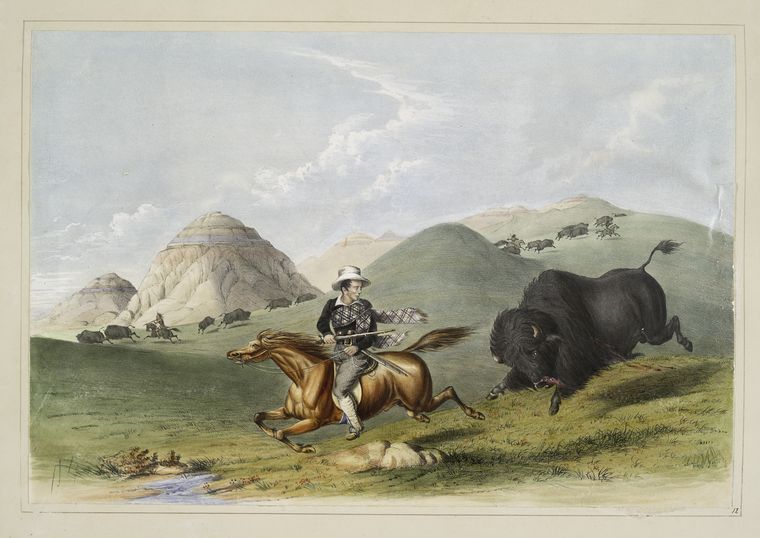
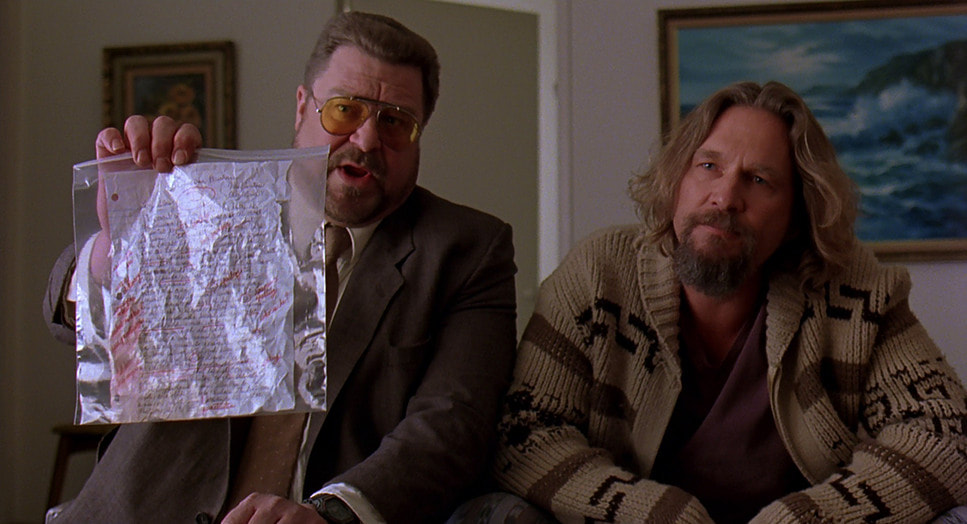
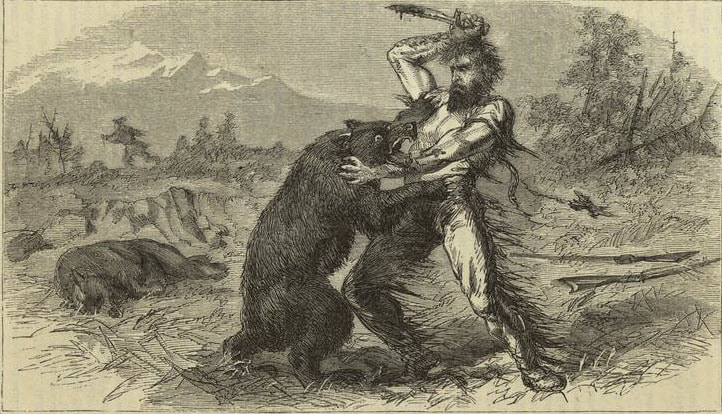
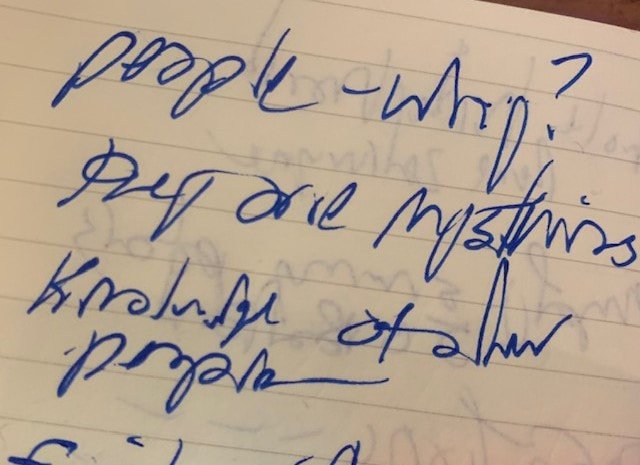

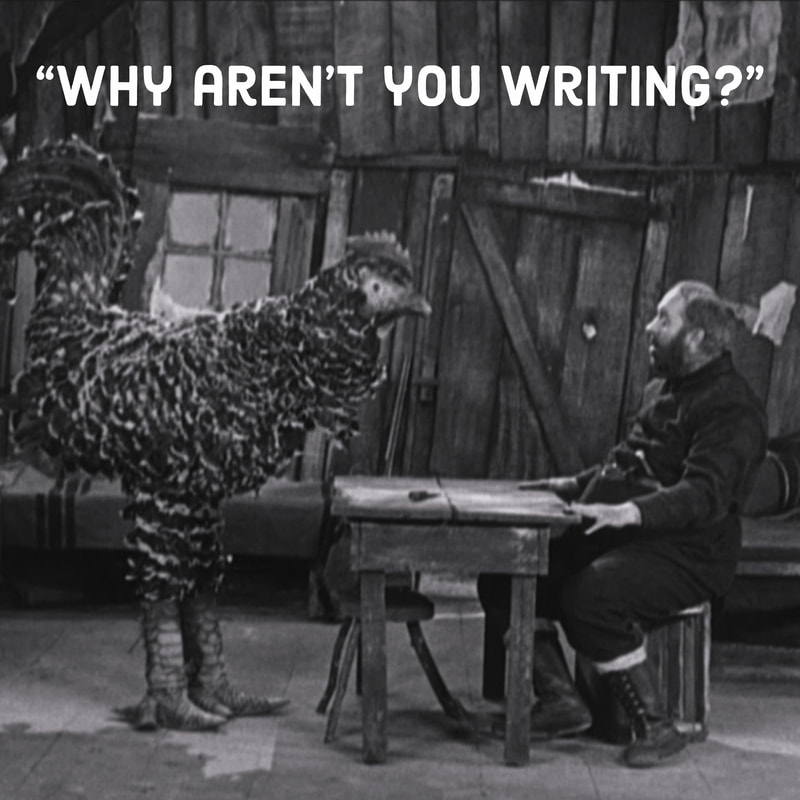
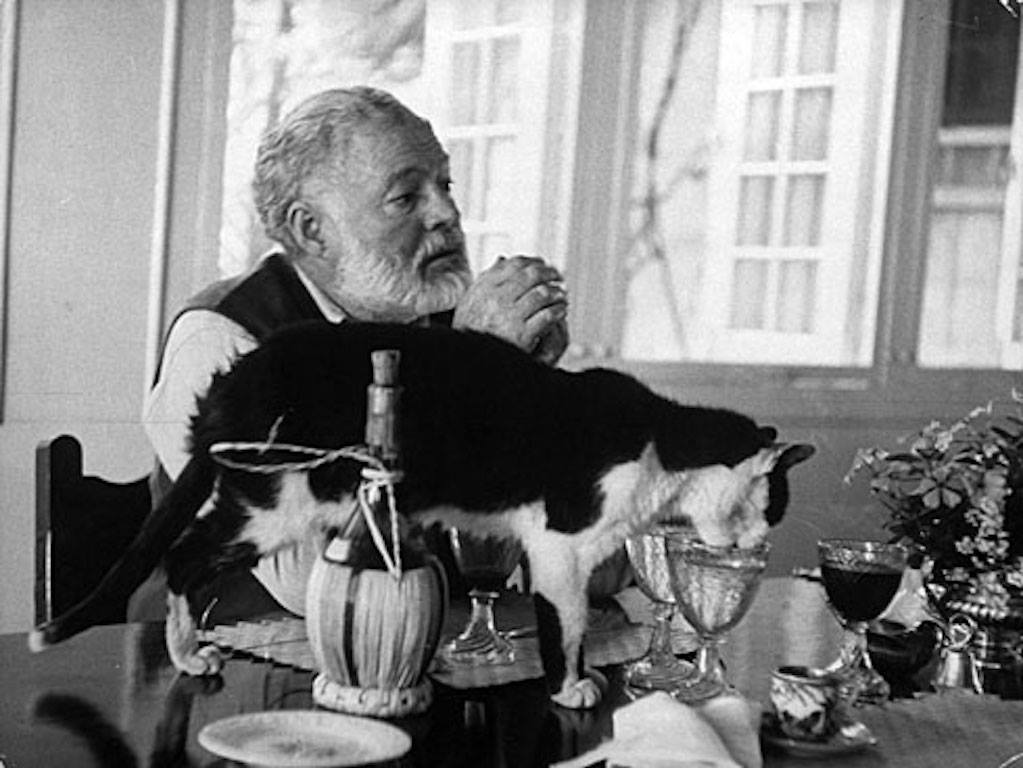
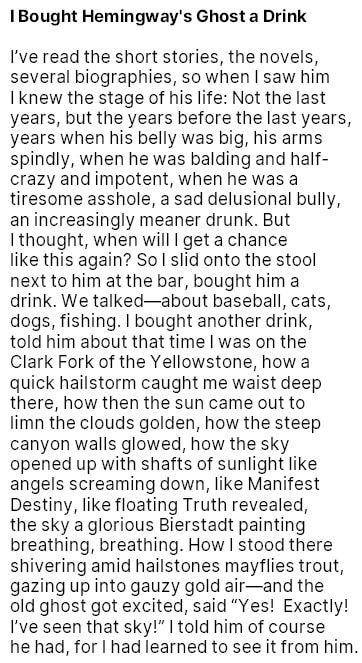
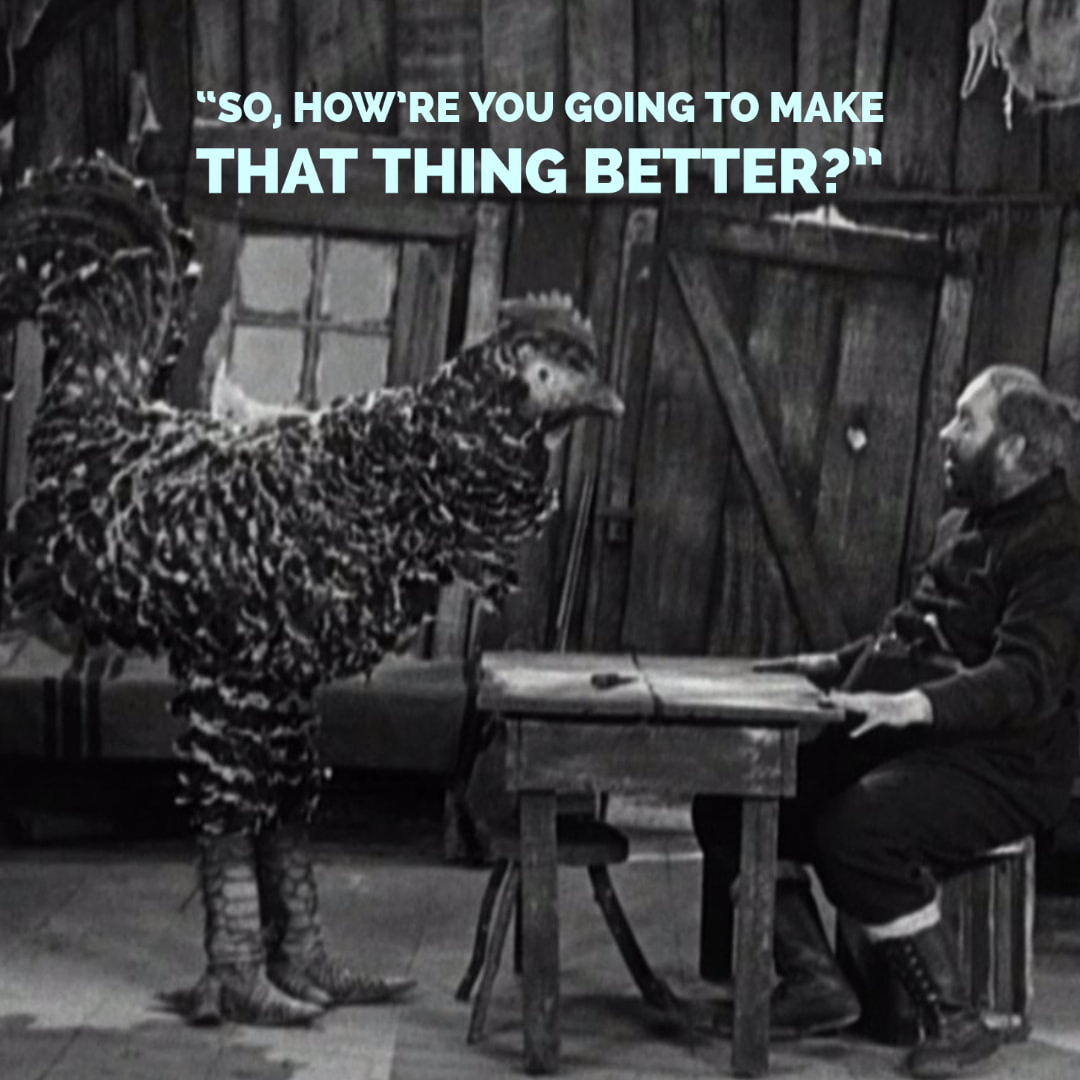
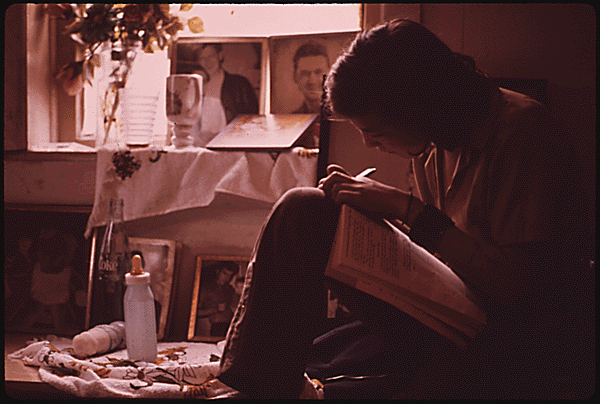

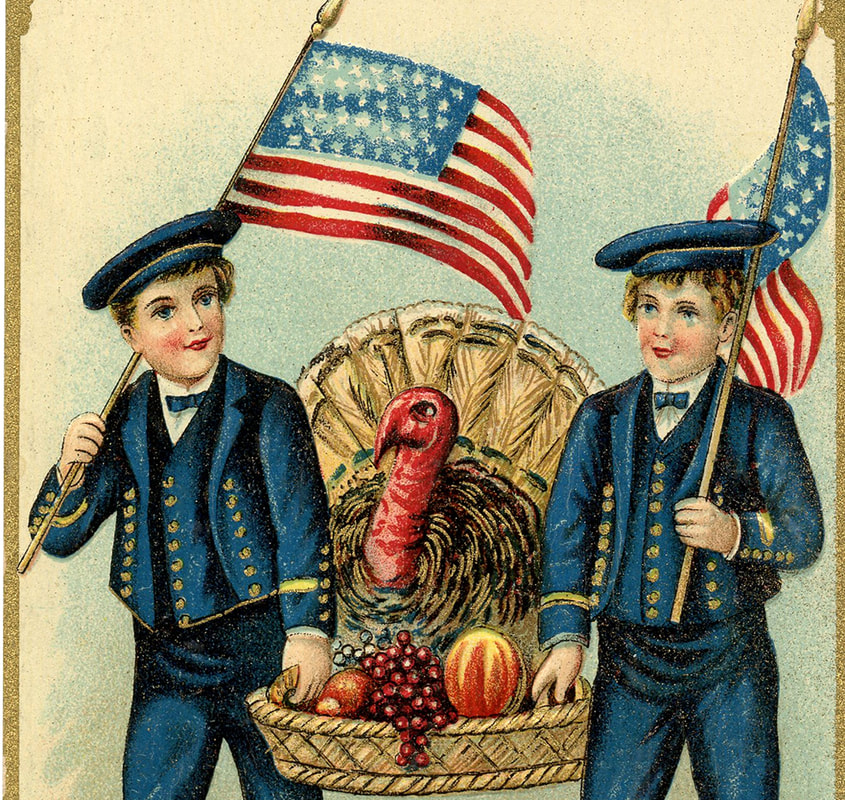

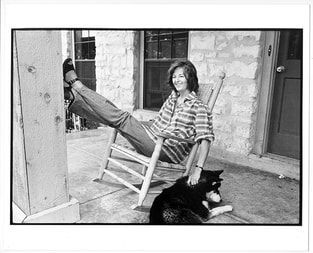
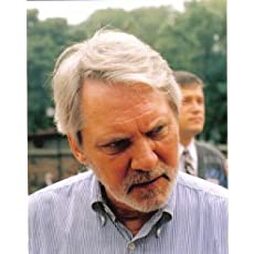









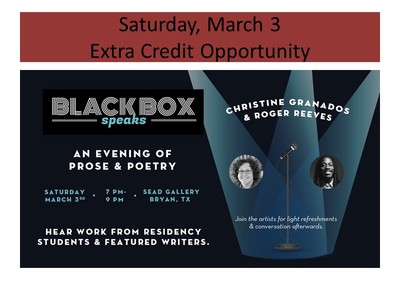





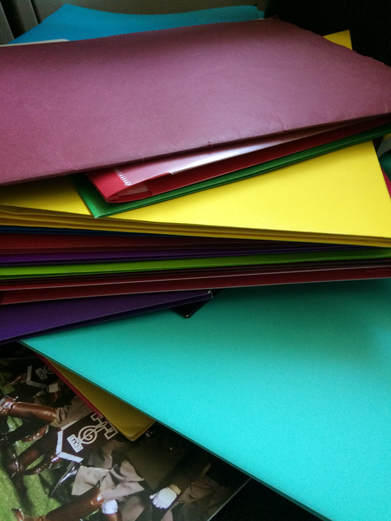

 RSS Feed
RSS Feed